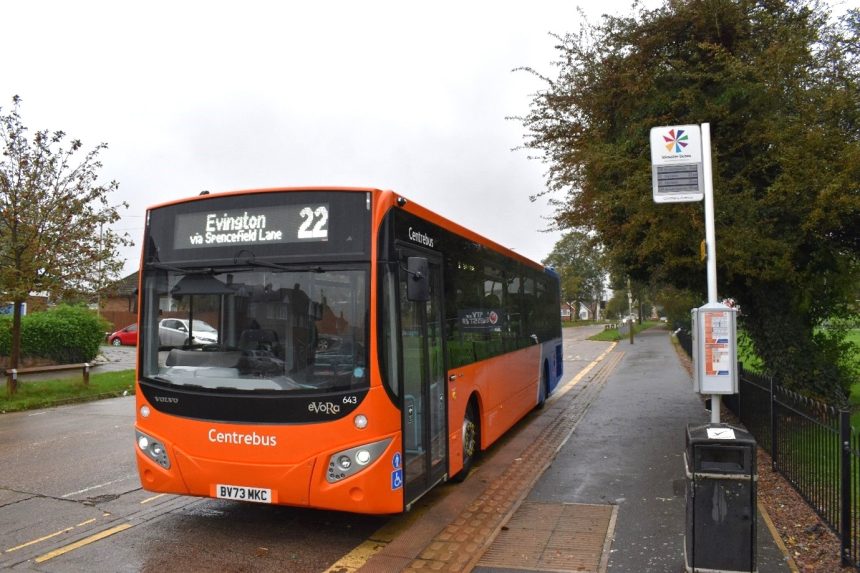Pressure on the government to find an appropriate solution for the future of the £2 bus fare cap in England beyond 31 December continues, with one operator believing that the scheme has contributed to patronage growth of around 40%.
Centrebus says it has reviewed customer numbers between July 2022 and the same month in 2024. While the number of vehicles at depots in Buxton, Grantham, Leicester and Luton has remained relatively constant over that period, patronage has risen by between 27% and 52%.
That averages at around 40% across Centrebus, which Managing Director David Brookes says is “very pleasing.” The cap was introduced in January 2023, initially for a three-month period.
Adds Mr Brookes: “We are part of, and have benefitted from, the ground-breaking Leicester Buses Partnership, innovative reductions in weekly and monthly ticket prices in Luton, and of course the £2 bus fare cap throughout our network.”
He notes that while there are thus multiple factors influencing patronage growth, “we believe that the £2 fare cap has been one of them.”
The bus industry in England continue to wait with bated breath for the government’s position on the fare cap’s scheme beyond its scheduled end at the close of 2024.
Various proposals for its future have been aired, extending from a phased increase from £2 to an approach where young people see the benefit of any future funding allocation. Earlier policy around the scheme had called for a rise to £2.50 at a specified point, but that was shelved by the previous government.
The Confederation of Passenger Transport recently said that it was confident of the scheme continuing in some form. It has urged the government to deliver clarity as soon as possible to allow planning for 1 January 2025 and beyond.
Other parties have warned against a ‘hard stop’ to the fare cap and cautioned of the particular impact that would have on longer-distance services.
A need for a coherent exit strategy from the cap was identified soon after its introduction, although another independent bus operator has aired its belief that returning fares to commercial levels will be “exceptionally difficult” when, or if, the scheme does wind down.



























